Everybody is afraid of something, and we should all be. Those fears are what keep us safe from poisonous snakes, huge tornadoes and other threatening situations. Fear can become a phobia when that normal fight-or-flight response goes awry.
Research explains that people who suffer from phobias usually overestimate or even exaggerate the risk of injury or death, while the fear still persists. If you think about your own phobias, you’ll understand what I mean.
Suddenly, it seems as if that spider on the wall will jump onto your face, ruin all your hopes, and destroy all your dreams. You’re going to have to sit there, ignore it, and maybe it’ll look a little gross. Arachnophobes may have to pack up and find a place to stay with a friend if they have arachnophobia. If the spider did not bother them, they might just ignore it or put it outside. (Notice the difference?)
Why do people develop such fears? Nicole Martinez, Psy.D., LCPC, explained in an email interview, “Phobia simply means fear of something irrational or extreme … Someone born with a phobia usually associates it with fear or a bad experience.”
It is possible to overcome your phobias, no matter what their origins may be. If you are persistent, some improvements can be seen and you can move forward. The following are some tips and techniques you can use to overcome your phobia.
Related: Anxiety Breathing Exercises
1. Try to desensitize yourself
If your phobia makes you feel overwhelmed, the desensitization technique may help. In order to face anxiety, all you need to do is gradually expose yourself to the feared thing (such as crowded public places, bugs, heights), and then withdraw as soon as your anxiety becomes overwhelming, according to John M. Grohol, Psy.D. Try pushing yourself a bit more next time. Thus, the fear will continue to disappear (hopefully) until it is gone.
2. Give biofeedback a try
You can observe your stress responses with biofeedback. An electrode will be attached to the skin during the treatment. A nearby monitor will show your heart rate, your breath rate and your muscle activity in real-time. Biofeedback can help anxious people learn about their physiological responses to stress. Hopefully, such awareness can lead to better relaxation techniques. That’s pretty cool, isn’t it?
Read: Easiest Ways To Reduce Stress
3. Go for the flooding technique
Consider the case of a person with claustrophobic tendencies riding in elevators all day or the case of someone with germaphobic tendencies touching dirty doorknobs. To become less scared of something, you repeatedly confront (or flood) it until it becomes less frightening.
This is expected to happen when the amygdala understands that nothing awful happens, and the release of stress hormones ceases, Dr. Tom Bunn said on Psychology Today. Even though flooding is difficult, it’s worthwhile to try.
4. Get help from the partnership method
Think about asking a friend to accompany you if you are about to enter an unsafe environment – for example, a busy shopping mall. It is a good idea to wait for your friend to catch up ahead of you if you are afraid of walking alone in the crowds.
The individual will walk ahead at the location before you meet her or him again after you have walked to meet them,” Grohol said. You’ll gradually be able to walk long distances on your own. That’s it! It is pretty easy to overcome this type of fear.
Read: How to Stop Worrying
5. Attend a support group
Being in a support group can help you realize you’re not alone, or weird or crazy. This can help you overcome a fear. You’ll also have a higher chance of regaining your health when you surround yourself with like-minded individuals who wish to recover. Get together with your friends to discuss your issues in a meeting, or chat online with a group.
6. Try some medication
It’s great if you can recover on your own. You are also perfectly safe to take medication to help you recover if your physician deems it necessary. There are three types of drugs effectively treat phobias.
Beta-blockers are the first to block the stimulatory effects of adrenaline. Antidepressants are also available to help alter your mood. Xanax, which helps lessen anxiety, is also a sedative. It would be best to speak to your doctor about which kind is right for you.
Read: How to Calm Anxiety Attacks
7. Self-exposure therapy
If you don’t have the time of need (or the cash to pay for fancy therapy), then this is for you. In addition to books, self-help groups and online self-help programs, self-exposure therapy is also a cognitive behavioral therapy (CBT). The easiest way to overcome any phobia is to take it on yourself.
8. Read up on the topic
Consider the case of a person who is afraid of flying. You will feel more in control of the situation if you learn all about how planes work, flight statistics, and safety measures. All phobias are similar. You can considerably reduce your fears if you have a little knowledge.
9. Climb the “fear ladder”
Whenever the other methods seem overwhelming, the fear ladder technique usually works quite well. Some also recommend starting with something you don’t feel comfortable with or don’t feel overwhelmed by.
Consider a situation that you can handle first, and then move up from there. Let me give you an example. Seeing a photo of a dog, watching a video of a dog, looking at a dog through a window, and then standing 10 feet away from a small dog, and then five feet away, so on, so forth, may help you overcome your fear of dogs.
Read: Cyberbullying
10. Learn relaxation techniques
Fear can be made worse by physical reactions such as shallow breathing, pounding heartbeats and others. To help calm your panic, relaxation techniques may be useful. You can reverse the physical sensations of anxiety and stress by breathing deeply from your abdominal region.
Read: How to Stop a Panic Attack
11. Do it anyway
The value of doing something despite your fear is evident for anyone who has given up on something for fear of it. Because yes, planes are scary, and heights are scary and spiders are scary. You shouldn’t stop flying, hiking or going into the woods, though. Don’t let anxiety stand in the way of your progress.
Having phobias can be a real drag, especially since they can restrict your life quite a bit. You should get yours under control as soon as possible so that you can enjoy your life again.
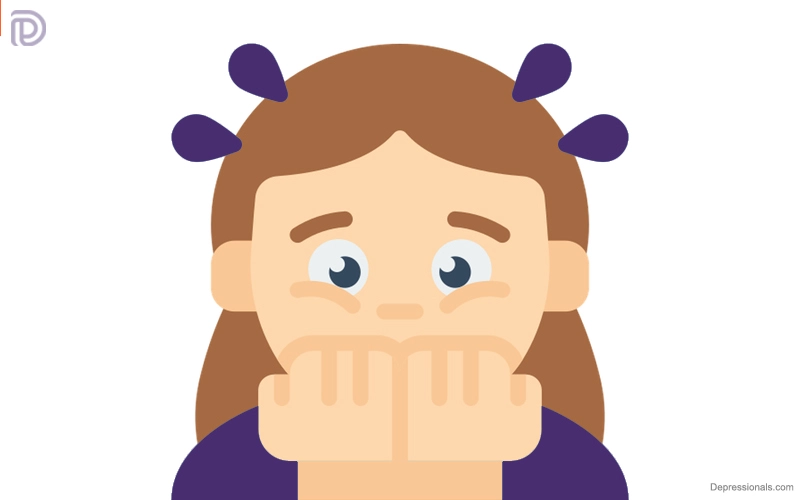
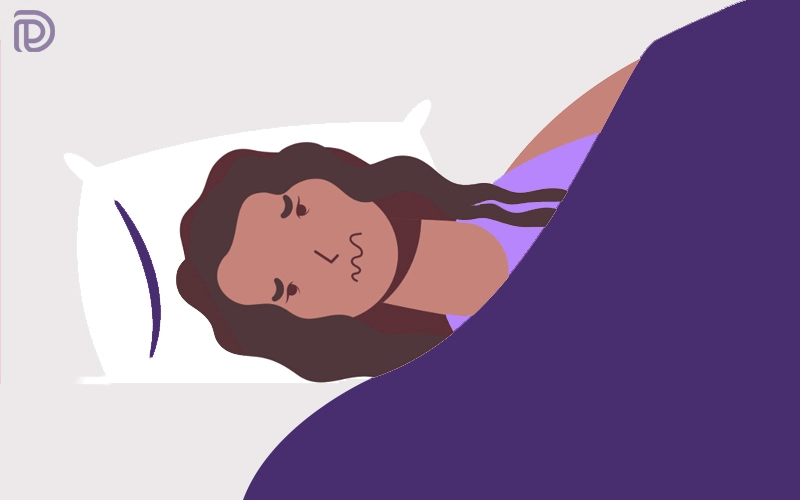
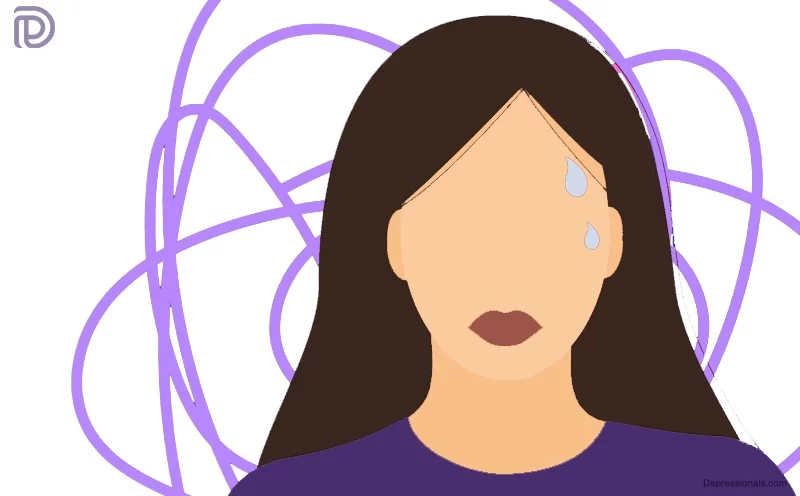
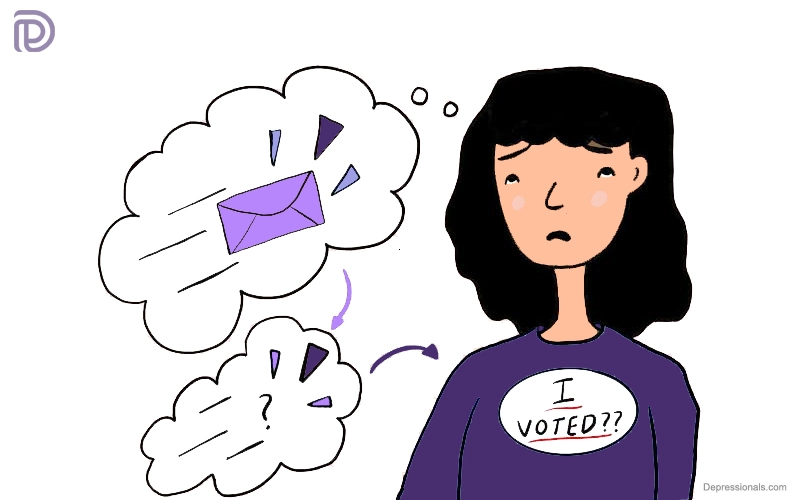
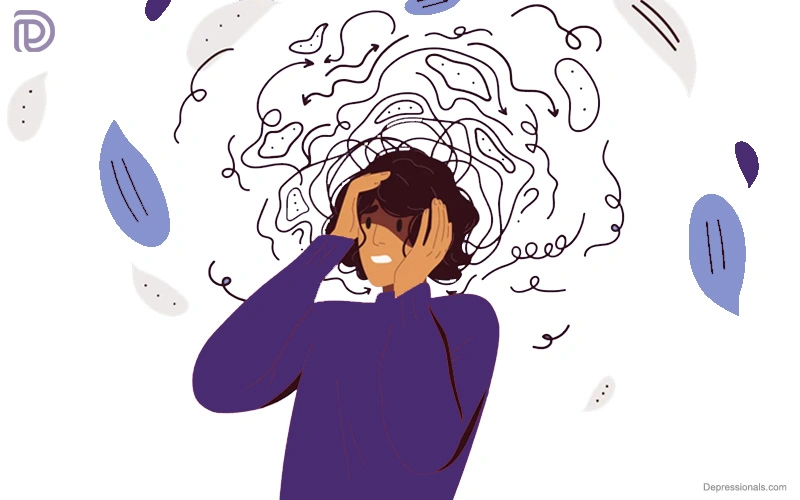

Everything is very open and very clear explanation of issues. was truly information. Your website is very useful. Thanks for sharing.
Keep working, great job!
The information you have provided is very useful to me.